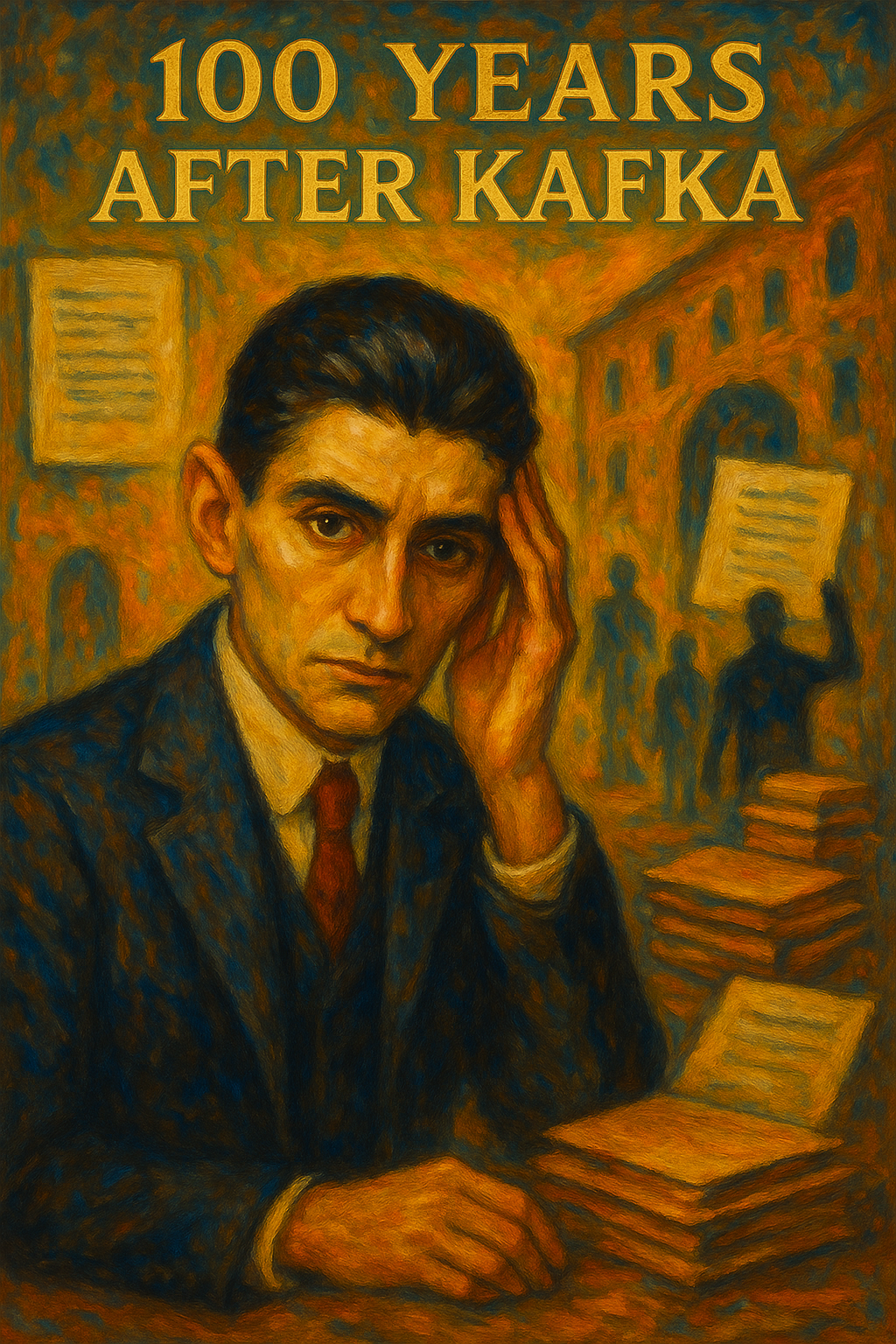Franz Kafka passed away over a century ago, yet his works remain profoundly relevant today. As we reflect on 100 years after Kafka, it’s crucial to examine how his narratives reflect the complexities and absurdities of modern bureaucracy. Kafka’s profound exploration of these themes reveals insights that still resonate in today’s administrative landscapes.
The Kafkaesque Condition in Modern Bureaucracies
Kafka’s literary genius offers a lens to interpret our bureaucracies. The term Kafkaesque describes situations that are nightmarishly complex and illogical, a condition many experience in today’s bureaucratic systems. Administrative procedures can often feel bewildering, much like those faced by Kafka’s characters.
1. Complexity in Processes: Bureaucracies today often involve layered processes that obscure accountability, paralleling Kafka’s narrative style.
2. Impersonality: Just as Kafka depicted characters trapped in faceless systems, modern individuals often find themselves feeling marginalized amid sprawling government policies.
3. Incomprehensible Rules: Kafka’s characters faced labyrinthine regulations, a theme mirrored in contemporary bureaucracies where rules seem ever-changing and convoluted.
Statistics on Bureaucratic Frustration
* According to a study 70% of citizens express frustration with government processes.
* Research shows that over 60% of people feel lost when navigating bureaucratic systems, echoing Kafka’s themes of confusion and despair.
These statistics underscore Kafka’s impact, as one can’t help but feel that he eerily anticipated the inefficiencies that plague our own administrations.
Kafka’s Legacy in Modern Society
Kafka’s influence on bureaucracy is seen in literature, philosophy, and even political commentary. His works have transcended existential themes, impacting various disciplines.
1. Literary Influence: Writers use Kafka’s style to critique and mirror bureaucratic systems.
2. Philosophical Thoughts: Philosophers discuss Kafka’s portrayal of absurdism and existentialism within bureaucratic contexts.
3. Cultural Commentary: Modern critiques often reference Kafka when analyzing contemporary governance.
The Relevance of Kafka Today
Kafka relevance today can be illustrated through contemporary issues such as:
* Surveillance Capitalism: The invasive nature of modern surveillance reflects Kafka’s observations of authority and control.
* Digital Bureaucracy: The transition to online services can both simplify and complicate access, echoing the duality found in Kafka’s work.
Why Kafka Still Resonates: The Absurdity of Governance
Many feel trapped in what can be described as the Kafkaesque condition: a bureaucratic landscape that lacks transparency and accountability. Kafka’s insights into the power dynamics at play within bureaucracies help us understand our struggles today.
The Absurd Paradox of Authority
In Kafka’s novels, authority often appears to have no rational justification—this absurdity can be reflective of our modern experiences:
* Silence from the Authorities: Echoing Kafka’s characters, today’s citizens frequently encounter bureaucratic silence.
* Endless Loops: Modern individuals may find themselves completing endless administrative loops, similar to Kafka’s protagonists, who are caught in cyclical frustrations.
Actionable Insights: Navigating Bureaucracies Wisely
1. Stay Informed: Knowledge of your rights can empower you within bureaucratic systems. Read about Kafka’s themes to understand how to navigate these challenges.
2. Document Everything: Keeping detailed records can help when dealing with large institutions. Kafka’s characters often lacked agency; don’t replicate this mistake!
3. Seek Guidance: Professional services can help simplify complex processes. Just as Kafka illustrated the need for human connection, so too should we connect with knowledgeable individuals.
Conclusion: The Timelessness of Kafka’s Voice
The reflections offered by 100 years after Kafka remind us of the persistent influence of his work. His critique urges us to continuously examine the systems that govern our lives.
